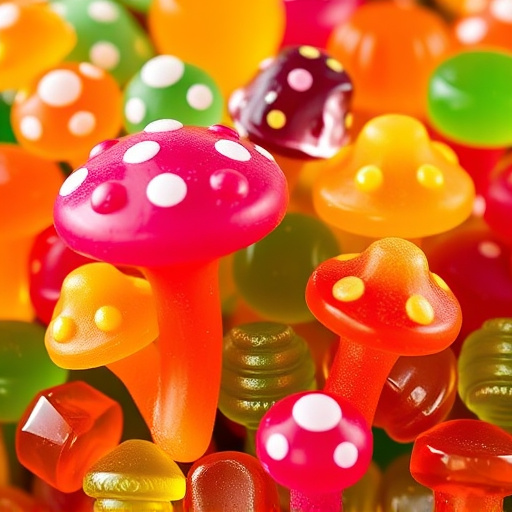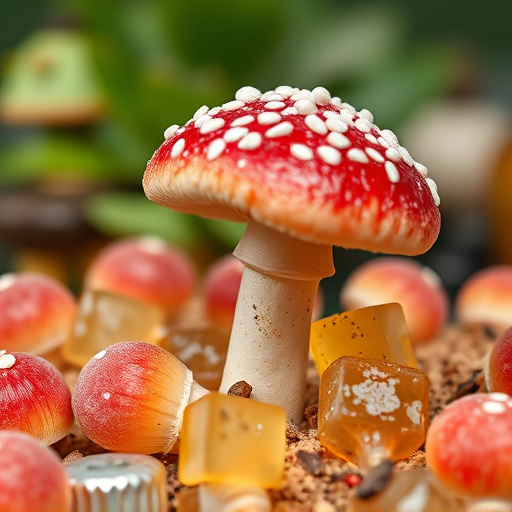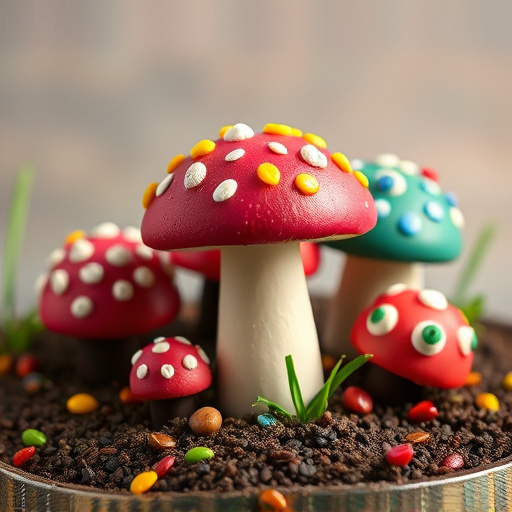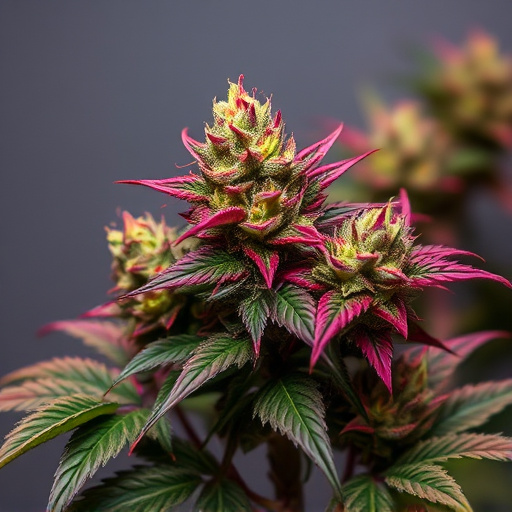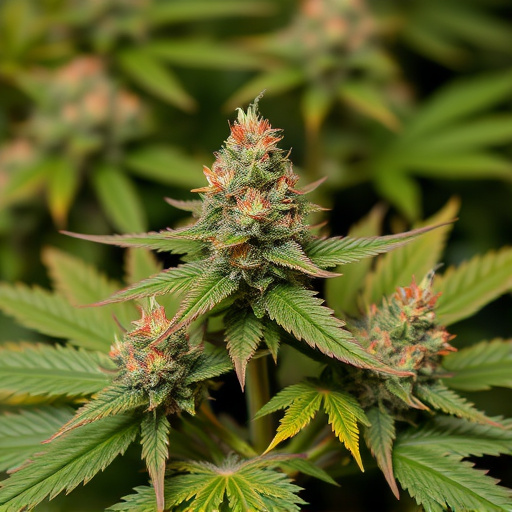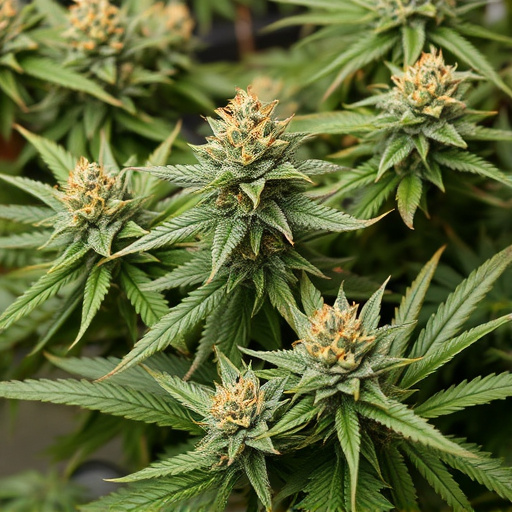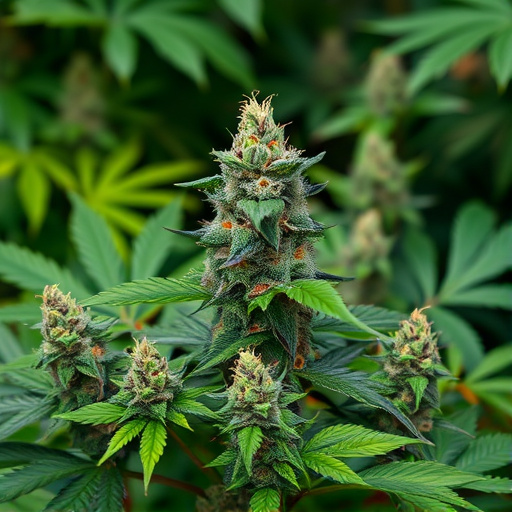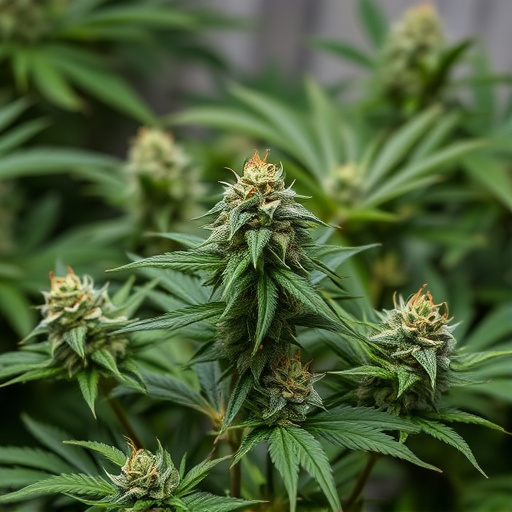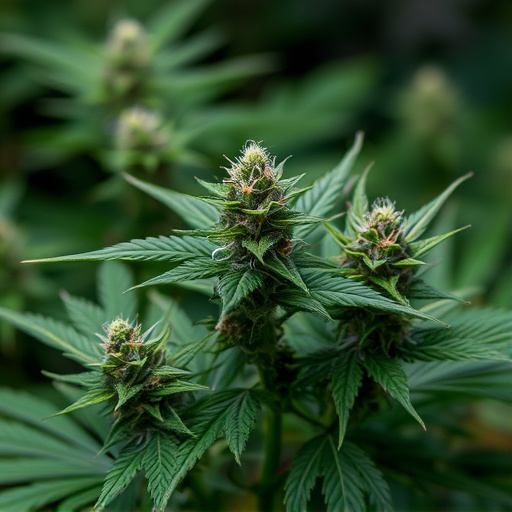Cannabis flower offers mood enhancement and stress relief through interaction with the endocannabinoid system, with THC affecting anxiety levels variably based on strain potency and individual tolerance. Choosing the right anxiety weed strains, such as Sativa for energy and Indica for relaxation, can naturally manage symptoms. Non-intoxicating CBD strains are also effective in reducing stress and cortisol levels without psychoactive effects, but consulting healthcare professionals is crucial for those with severe anxiety or pre-existing mental health conditions to avoid potential adverse reactions or dependency.
Cannabis flower, with its diverse compounds and terpenes, offers a complex relationship with mood and stress. This article explores how it interacts with our endocannabinoid system, delving into the science behind its potential therapeutic effects on mental well-being. We examine the role of specific anxiety weed strains in managing symptoms, from calming to energizing effects. Additionally, we weigh the benefits against precautions, providing insights for navigating cannabis as a tool for stress relief.
- Understanding Cannabis Flower and its Impact on Mood
- The Role of Weed Strains in Managing Anxiety
- Balancing Stress: Potential Benefits and Precautions
Understanding Cannabis Flower and its Impact on Mood
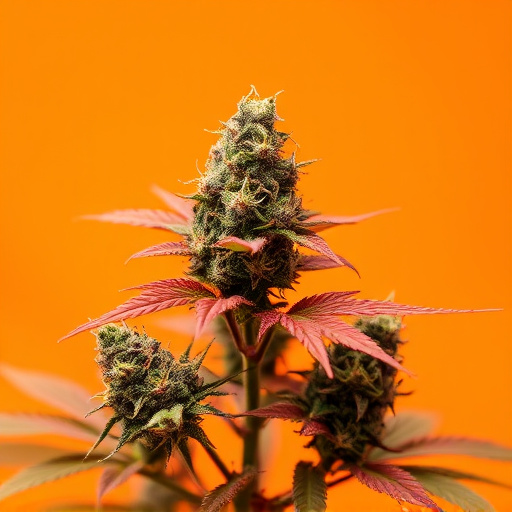
Cannabis flower, known for its diverse range of effects, has long been associated with mood enhancement and stress relief. The plant contains numerous chemical compounds, including cannabinoids like THC (tetrahydrocannabinol) and CBD (cannabidiol), which interact with our bodies’ endocannabinoid system to produce various physiological and psychological responses.
THC is particularly renowned for its ability to elevate mood and induce euphoria, making it appealing for those seeking relief from anxiety or depression. Certain weed strains high in THC have been shown to reduce symptoms of social anxiety and generalised anxiety disorder. However, the impact on mood can vary greatly depending on factors like strain potency, individual tolerance, and set and setting—the context in which cannabis is consumed. For some, cannabis flower may offer a calming effect, helping to ease tension and promote relaxation, while others might experience heightened anxiety or paranoia, especially with strains high in THC. This variability underscores the importance of choosing suitable weed strains for personal needs and understanding one’s own response to cannabis.
The Role of Weed Strains in Managing Anxiety
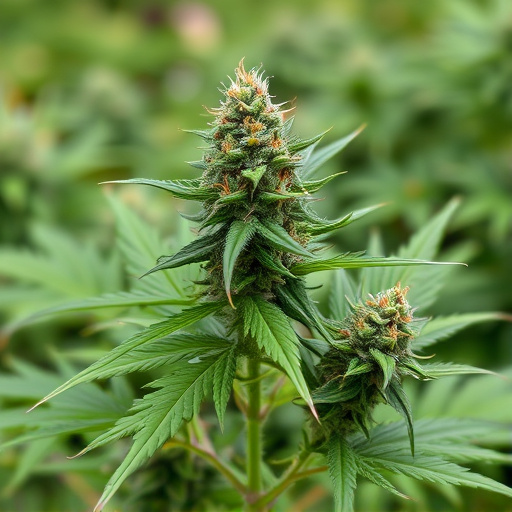
Cannabis flower, with its diverse array of chemical compounds, has been a subject of interest for its potential therapeutic effects on mood and stress, particularly in managing anxiety. The role of specific anxiety weed strains cannot be overlooked, as they offer unique profiles that cater to individuals seeking relief from this common mental health concern.
Different anxiety weed strains are known for their varying levels of cannabinoids, such as THC and CBD, which interact with the body’s endocannabinoid system. Sativa strains, for instance, are often preferred for their uplifting and energizing effects, helping to reduce feelings of dread and promote a sense of calm. On the other hand, Indica varieties are renowned for their relaxing and sedative qualities, making them suitable for unwinding and alleviating chronic stress. The key lies in selecting a strain that aligns with individual needs, whether it’s to stimulate focus or induce relaxation, thereby offering a natural approach to managing anxiety symptoms.
Balancing Stress: Potential Benefits and Precautions
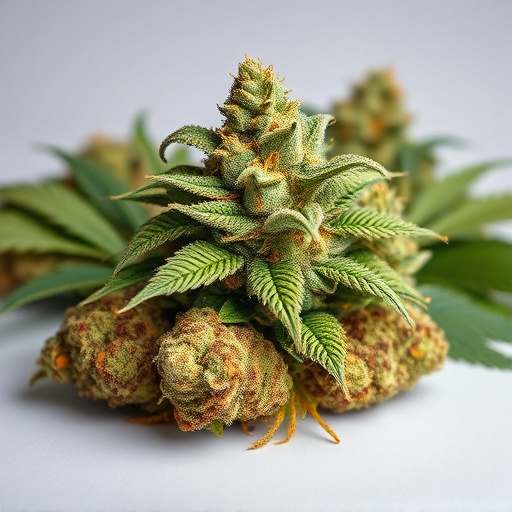
Cannabis, particularly its flower form, has gained attention for its potential in balancing stress levels. The plant’s active compounds, notably THC and CBD, interact with the body’s endocannabinoid system, playing a role in regulating mood and reducing anxiety. Studies suggest that specific weed strains known for their high CBD content can be beneficial for managing stress without inducing psychoactive effects. These non-intoxicating strains may help lower cortisol levels—a hormone linked to stress—and promote relaxation.
However, it’s crucial to approach cannabis as a tool for stress management with caution. While it offers potential benefits, individual responses vary greatly due to factors like strain potency, consumption methods, and personal tolerance. For those dealing with severe anxiety disorders, consulting healthcare professionals is essential before incorporating cannabis into their wellness routines. Balance is key; excessive use might lead to adverse effects or dependency concerns, especially for individuals with pre-existing mental health conditions.
Cannabis flower’s impact on mood and stress is a complex interplay influenced by various factors, including individual biochemistry and specific strain characteristics. While anxiety weed strains can offer potential benefits for managing symptoms, it’s crucial to approach cannabis use with balance and caution. Understanding the unique effects of different strains and their interaction with our bodies is essential for harnessing the therapeutic potential of this ancient plant in modern times.




